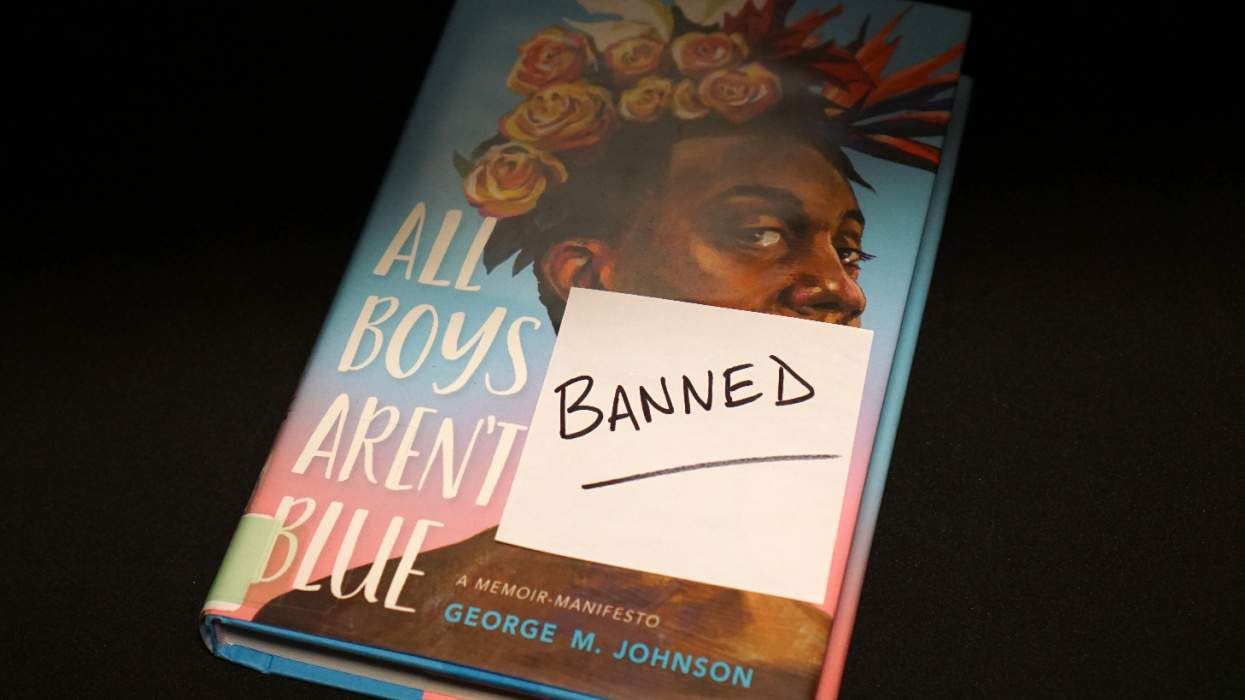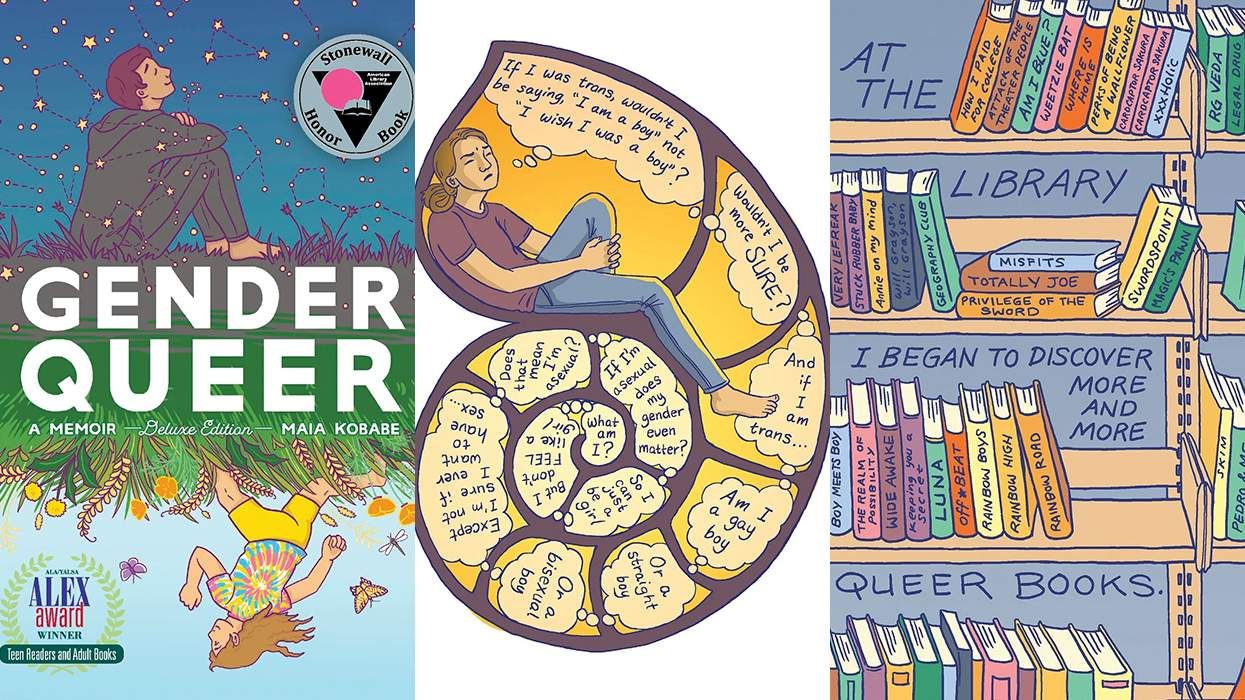Ryland doesn't say much until later that night. She's with me in my bedroom, where we usually read books and fall asleep together on nights when Jeff is working. I love to cuddle with her while Jeff is away, and I know it must be even harder for a deaf child to find comfort alone in a dark room. We remove the external portion of her implants when she sleeps, leaving her in complete silence and darkness. Knowing how frightening this may be, I have a soft spot when it comes to Ryland sleeping in our bed.
Before we take out the external implants, she lies on her tummy while I scratch her back lightly--one of her favorite things in the world. "Mom," she says. "When is Daddy coming home?"
"He'll be home tomorrow morning."
"Okay," she says. "What are we doing tomorrow?"
"You have school, and then . . ." Here, I pause. I can tell Ryland is thinking about what to say next.
"Mom . . ." she says. She wiggles away from me and sits up. Suddenly her voice is quivering. "Can I ask you something?"
"Sure, Ry. What's wrong, honey?"
"Mom, when the family dies . . . can I cut my hair so I can be a boy?"
My heart drops. Time stops. I look at her, but she is staring ahead--my stoic little child--waiting for my answer. By the expression on her face, I can see that she understands the significance of what she's just asked me. But why should we have to die for Ryland to cut her hair and feel happy, whatever that requires?
I don't know how to respond. I feel like I'm standing on the edge of a cliff. This is the moment when I have to choose between Ryland's happiness and being a "normal" family. I've seen and read enough to know what's coming next: this is going to shake my marriage. While I have been reading Ryland's behaviors very closely between the lines, Jeff has at times suggested that I've been "jumping to conclusions." For him, it would be ideal if Ryland were to come out and say, "Dad, you and I need to have a talk. There's something I need to share with you: I am transgender." But even if they had the cognitive capacity to do so, most five-year-olds would never initiate a serious conversation about their gender identity. No matter how many signs Ryland has shown us, it's been up to me to raise the issue.
I always feel Jeff's tension--even after their Christmas clothing shopping trip, he's avoided talking about it at all costs. Having to fathom Ryland's future as a deaf person was painful enough for Jeff, but now, dealing with yet another challenge, he has struggled, often in silence, to understand what's going on. Worse, he and I definitely have not seen the urgency of this situation in the same way.
But on this night, when Ryland breaks down, I am physically unable to see my child hurt with shame and guilt anymore. I can no longer allow this to go on. I have to choose. The reality of all this has been creeping up on me for some time, but as a mother, my first priority has to be my child's safety.
"Ryland . . . honey . . . " I sit up in bed. "You don't have to wait until the family dies. You can get your hair cut right now."
She begins to cry again. Her tears are silent, her face is flushed. She seems to know that her pain is hurting me, too, and neither of us knows how to make it all stop.
Even at this tiny age, Ryland has the wisdom and self-awareness to know the true significance of what she has just asked me. Cutting her hair is the final bridge left to cross into letting her become a boy. If that makes my child like herself better, then I'm prepared to do it.
I wrap my arms around her. She removes her ears and hands them to me--her signal that she's finished having a conversation and is ready to rest. She buries her head into the space under my arm, and she cries. I massage her head and her back until I know she's fallen asleep.
And then I begin my own cries. My child, only five years old, is so miserable with who she is. For months I have seen a conversation like this coming. It pains me to think that this little person is smart enough to tell me something so powerful, at such a young age. These tears are for my child--my desire to make things right for Ryland. The final and complete acceptance that this is not a phase, that this isn't just going to pass, that my daughter isn't just a tomboy. That on the other side of all this, things will be different--Ryland's life, Jeff's life, Brynley's life--our family will be changed.
Reprinted courtesy of William Morrow Paperbacks.















Charlie Kirk DID say stoning gay people was the 'perfect law' — and these other heinous quotes
These are some of his worst comments about LGBTQ+ people made by Charlie Kirk.